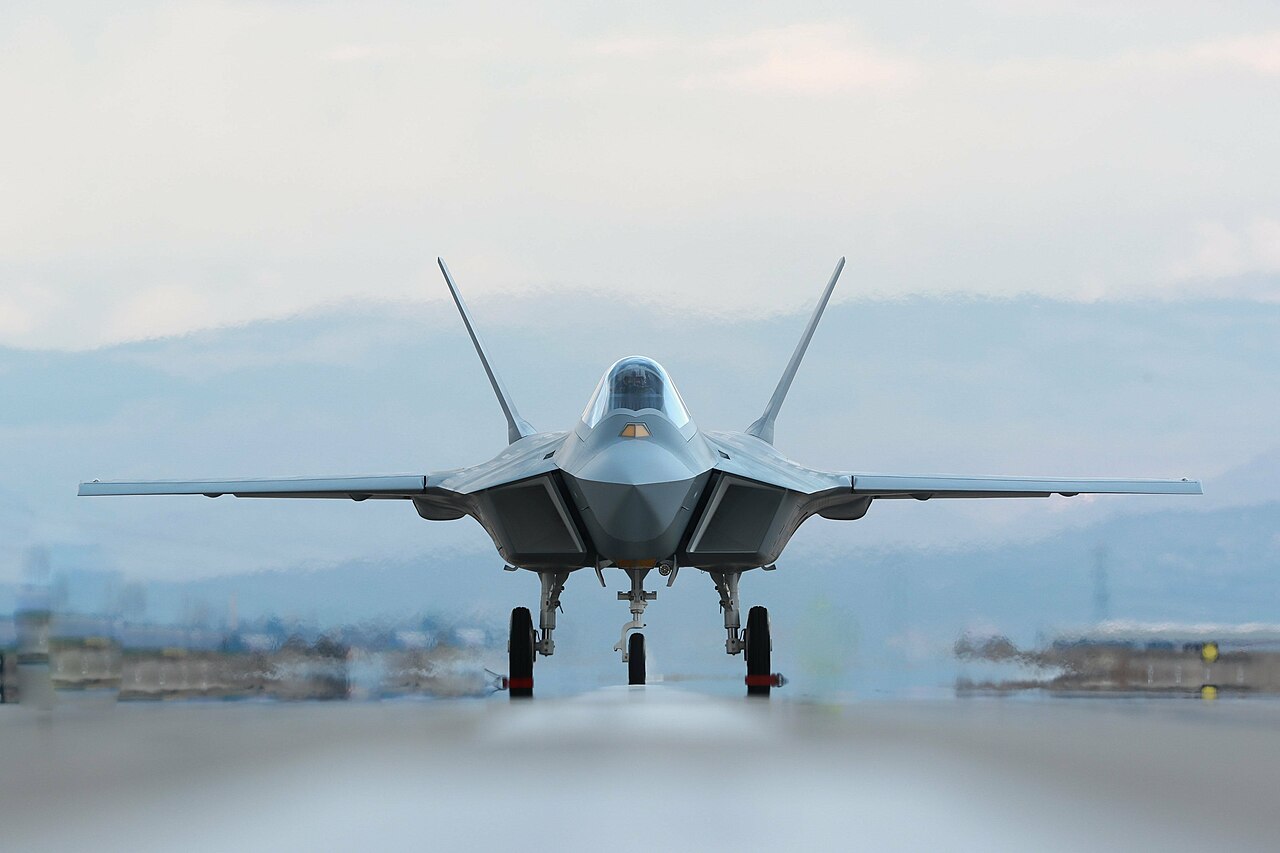Turkey Weighs Dropping F-16s for Jet Engines

Turkey is reportedly considering a major shift in its multibillion-dollar arms deal with the United States, potentially scrapping plans to buy new F-16 fighter jets in favor of acquiring their engines to power its domestically developed TAI Kaan fifth-generation warplane. Sources familiar with the matter told Middle East Eye that senior officials are debating redirecting funds from 40 F-16 Vipers and associated ammunition toward securing F-16 General Electric F110 engines, which are compatible with the Kaan.
The TAI Kaan, also referred to as the TF “Turkish Fighter”, formerly TF-X and MMU (Milli Muharip Uçak, Turkish for “National Combat Aircraft”), is a stealth, twin-engine, all-weather air superiority fighter currently under development by Turkish Aerospace Industries (TAI). Designed to replace the Turkish Air Force’s fleet of F-16 Fighting Falcons, the Kaan is also intended for export to international markets.
The TAI Kaan is powered by two General Electric F110-GE-129 Turbofan, 76.3 kN (17.155 lbf) thrust each dry, with afterburner.
The General Electric F110 is an afterburning turbofan jet engine produced by GE Aerospace (formerly GE Aviation). It was derived from the General Electric F101 as an alternative engine to the Pratt & Whitney F100 for powering tactical fighter aircraft, with the F-16C Fighting Falcon and F-14A+/B Tomcat being the initial platforms; the F110 would eventually power new F-15 Eagle variants as well. The engine is also built by IHI Corporation in Japan, TUSAŞ Engine Industries (TEI) in Turkey, and Samsung Techwin in South Korea as part of licensing agreements
In December 2010, Turkey’s Defence Industry Executive Committee (SSIK) approved the design, development, and manufacture of a national next-generation air superiority fighter to replace Turkey’s F-16 fleet and operate alongside other key assets such as the F-35 Lightning II.
Ankara has already scaled back its original $23 billion F-16 procurement to $7 billion, opting out of 79 modernization kits. The proposal to scrap the F-16 order entirely is expected to surface during President Recep Tayyip Erdogan’s visit to Washington for talks with President Donald Trump. Some officials, however, continue to argue for immediate purchases to bolster Turkey’s aging fleet.
The move reflects Turkey’s broader strategy to prioritize the Kaan program after its 2019 exclusion from the F-35 project over the S-400 missile defense deal with Russia. The first Kaan aircraft are slated for delivery in 2028, though analysts predict delays into the 2030s. Initial jets will use General Electric F110 engines, with a domestic engine planned later.
Supporters of the shift warn that U.S.-supplied F-16s could come with restrictions on integrating Turkey’s homegrown munitions. Yet Washington has signaled reluctance to reopen the F-16 agreement or discuss Turkey’s return to the F-35 until the current deal is finalized. With Greece set to receive its first F-35s in 2028, Ankara faces mounting pressure to modernize its air force while preserving its defense independence.
Related News: https://airguide.info/?s=Turkey, https://airguide.info/category/air-travel-business/defense-military/
Sources: AirGuide Business airguide.info, bing.com, middleeasteye.net
